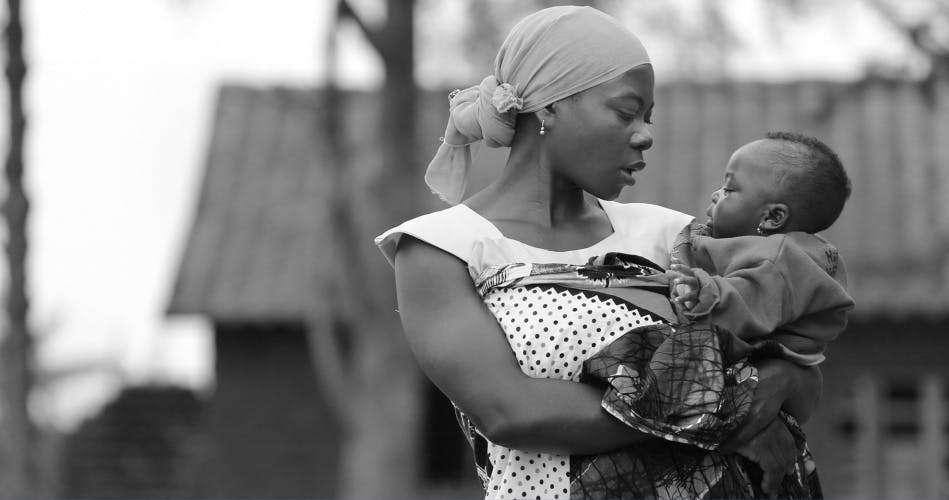Yesterday, Family Planning 2020 launched Partnership in Progress, a report on global efforts to fulfill the ambitious goal set at the 2012 London Summit on Family Planning: deliver life-saving contraception to an additional 120 million women and girls living in the world’s poorest countries by the year 2020.
When women are able to decide for themselves whether and when to have children, everyone benefits:
- Women are healthier, more prosperous, and have greater opportunities to pursue education and careers.
- Their children are stronger, better nourished, and more successful in school.
- Families and communities can invest more in education and health care.
- Poverty is reduced and lives are saved.
Yet despite these well-known and compelling benefits, more than 200 million women across the globe still lack access to modern, effective methods of contraception.
The good news is that in the past two and a half years since the FP2020 movement was launched, new energy has been injected into the cause.
- The results collected in FP2020’s Partnership in Progress report make for encouraging reading.
- From 2012 to 2013 — the first full year for which data is available — the number of women and girls using modern contraception in FP2020’s 69 focus countries rose by 8.4 million, bringing the total number of users across the 69 focus countries to 274 million.
- From the donor side, 2013 saw $1.3 billion in bilateral funding for family planning programs, nearly 20% more than in the previous year.
- In 2013, five more developing countries made commitments to FP2020 goals, bringing the total of commitment-making countries to 29.
- Half of all FP2020 commitment-making countries now have formal and detailed national plans in place to guide their strategies.
These bold facts and figures translate into more heartening statistics that demonstrate the impact of the effort on the ground.
An additional 2 million unintended pregnancies and 1 million unsafe abortions were averted in 2013 compared to 2012, and 5,000 additional maternal deaths were prevented.
Every new cycle of contraception that is delivered represents another woman or girl who is started on the road to individual empowerment and given a chance for a better life.
We must never lose sight of the fact that FP2020 is not about numbers. FP2020 is about empowering women and girls with health, choice, and opportunity.
The FP2020 movement has galvanized country governments, donors, service providers, civil society advocates, and grassroots organizations into action. As a collaboration of dedicated organizations and individuals, FP2020 is really starting to deliver.
We’re seeing innovation on the ground in terms of service delivery, for example, with providers taking inspiration from market shaping techniques and the supply logistics used in the commercial sector. Task shifting is being deployed among health workers to train and equip less specialized personnel, such as community health workers, to perform tasks that were formerly the preserve of thinly stretched doctors and nurses like delivering injectable contraceptives and even inserting contraceptive implants.
There’s a real sense now that we can deliver on the FP2020 promise. But it’s not going to be easy, and we can’t afford to let our guard down for one moment. So, as the challenge grows, our efforts must increase to keep pace.
FP2020 is ultimately, about making sure that every woman and every girl has the right, and the means, to shape her own life — to grow, to thrive, and to plan the family she wants.
A copy of Partnership in Progress can be downloaded here: www.familyplanning2020.org/progress.



 View All Blog Posts
View All Blog Posts